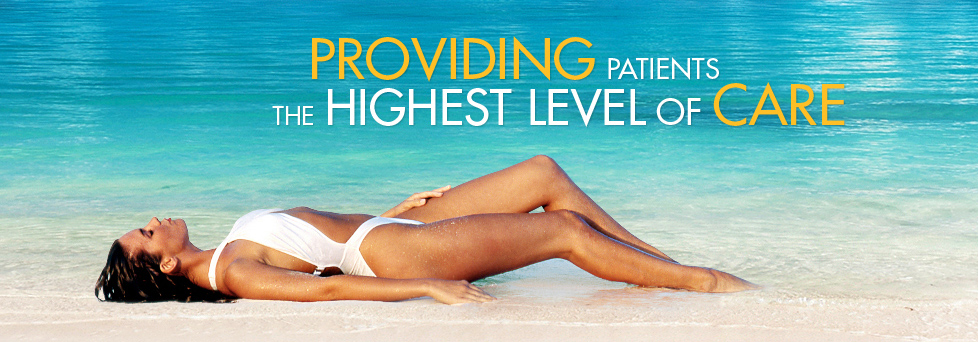As with most diseases and ailments, there are risk categories that a person may fall under, which mean they are more likely to get that disease than someone else. There are many risk factors associated with varicose veins, but there is nothing proven to show what exactly may cause varicose veins in each individual.
Family History
If you have a family history of varicose veins you are more likely to develop them yourself. This doesn’t mean you definitely will, but if some of your close relatives have or had varicose veins, keep an eye out for the symptoms. If both parents have varicose veins, there is around a very high chance that you will develop them too.
Obesity
Maintaining a healthy weight can mean healthier veins, as there is less pressure on them from excess weight. There are many good reasons to maintain a healthy weight, varicose veins being one of them. Exercising regularly and eating a healthy diet can all aid in reducing your risk of getting varicose veins.
Women
Unfortunately, women are the most likely gender to develop varicose veins. This is for many reasons, but the most common are hormones and pregnancy. Progesterone is produced by women during pregnancy and menstruation causes the lining of the blood vessels to relax, meaning the veins need to work harder to get the blood to the heart. This will cause more pressure on the valves, possibly causing varicose veins. Changes in the body during pregnancy, such as a growing uterus, can put extra pressure on the surrounding veins, meaning pregnant women may find themselves suffering from varicose veins around the pelvic area. However, this does not by any means rule men out from getting varicose veins!
Abdominal Straining
There are many activities that may cause abdominal straining. Abdominal straining puts extra pressure on the leg veins. If you lift weights on a regular basis or you are a bodybuilder, you may be at risk of varicose veins. Straining to have bowel movements can also cause extra pressure on the veins in the legs, so if you suffer from chronic constipation, this may be another risk factor.
There are many risk factors associated with varicose veins, with women falling into most of the categories. If you believe you are suffering from varicose veins, whether you fall into any of these categories or not, contact us today to schedule an appointment with the best varicose vein doctor in NYC.


